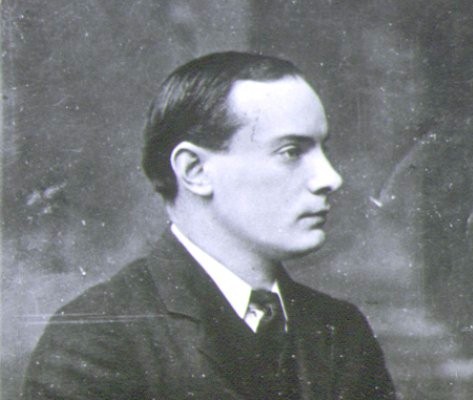
A Terrible Beauty: The Poets of the Easter Rising
There is a well-documented relationship between poetry and revolutionary thought, perhaps because both depend upon the ability to dream. “Poets are the unacknowledged legislators of the world,” claimed Percy Bysshe Shelley.
The Easter Rising of 1916 took place in Dublin and was organised by the Irish Republican Brotherhood (IRB), who intended to force the British government to recognise an independent Ireland. It constituted just one chapter in a struggle which had raged since the seventeenth century and would continue throughout the twentieth. This particular episode, however, was led by a group of writers and intellectuals.
Patrick Pearse (Pictured above) was an idealistic poet and teacher who had founded his own school, St Enda’s. He was at the head of the unit which seized the General Post Office. His best-known poem, The Mother, imagines the feelings of the bereaved parent of sons lost in a political struggle:
I do not grudge them: Lord, I do not grudge
My two strong sons that I have seen go out
To break their strength and die, they and a few,
In bloody protest for a glorious thing.
Joseph Plunkett was also at the GPO, although his tuberculosis almost prevented him from being present. He had been recruited to the IRB via his membership of The Gaelic League, founded to promote a recognition of Irish heritage. Poems such as I See His Blood upon the Rose and I Saw the Sun at Midnight had already gained him widespread praise.
Thomas McDonagh, too, was a poet and playwright. He was raised by schoolteacher parents who bequeathed him a love of learning, and he worked with Pearse at St Enda’s. His volume of poetry, Lyrical Poems, was published in 1913. He led the battalion which was stationed at the Jacob’s Biscuit Factory.
After the failure of the military action, British reprisals turned disaster into a propaganda success for the rebels, and their subsequent execution by firing squad made heroes of its leaders, a sentiment represented in the most famous poem to commemorate the event – Easter 1916 by WB Yeats.
Yeats had previously viewed the IRB with a mixture of ridicule and contempt. Although passionately concerned with Irish nationalism, he took no active part in any military campaign, choosing instead to pursue Irish identity through promotion of its literature and mythology. But that April he came to see the failure of this minor rebellion as a symbol of a deeper and more significant battle.
“A terrible beauty is born”, he wrote.
